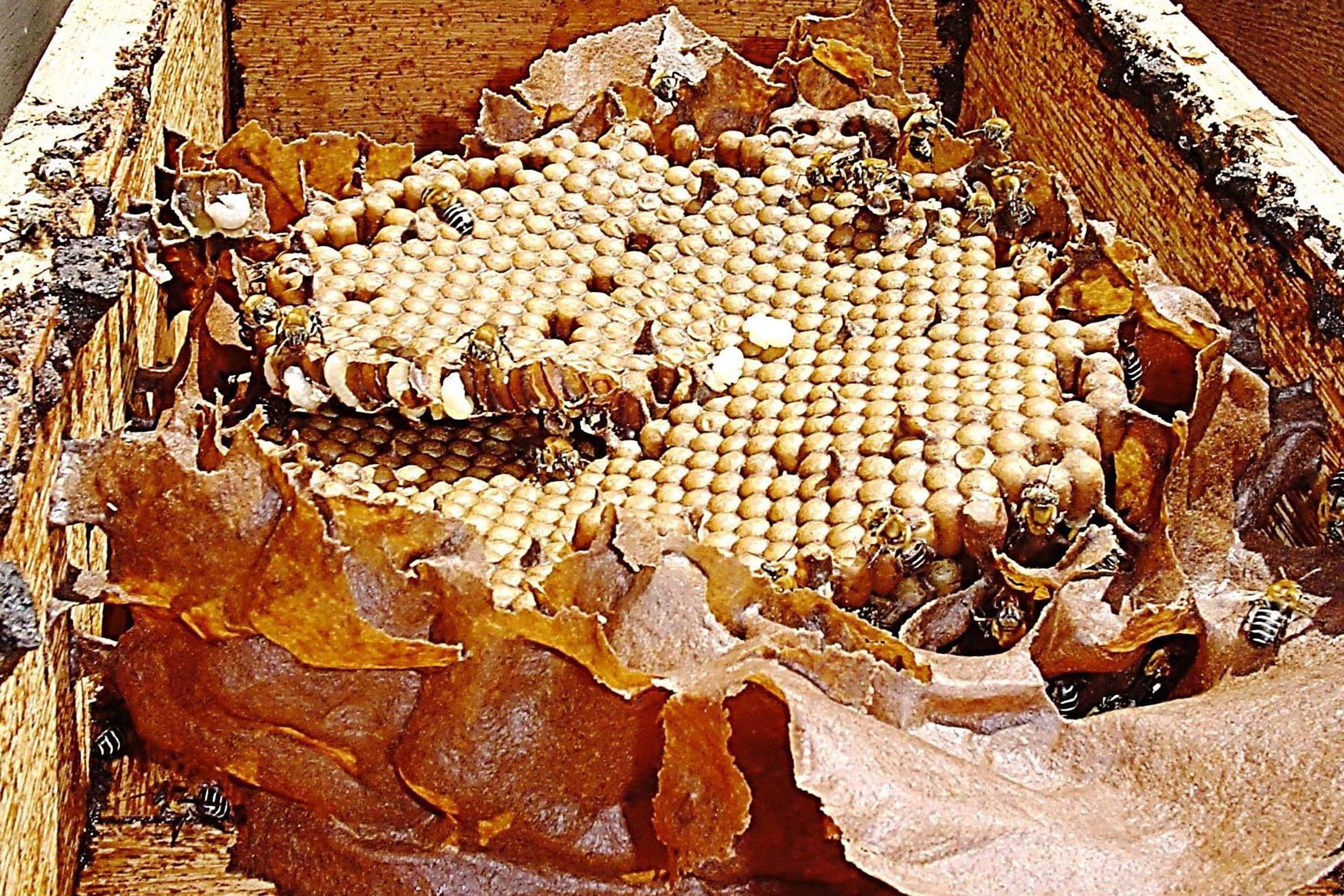
Science Under the Stars
Science Under the Stars is a free, monthly public outreach lecture series, founded and organized by graduate students in the Ecology, Evolution, and Behavior (EEB) and Plant Biology (PB) graduate programs. Guided field station tours at Brackenridge Field Lab, hands-on activities for all ages, and a public-friendly research talk are regular parts of the program.

Invasive Species Research
The Invasive Species Research Lab at the Brackenridge Field Lab has led key research into the imported fire ant, Solenopsis invicta, and some prospective biological controls. The lab also conducts research on other invasive species that include tawny crazy ants, invasive grasses, and other invasive plants in Texas such as the giant reed.

Fishes of Texas Project
A major focus of the Ichthyology Collection staff since 2006 has been the Fishes of Texas Project — a multi-institutional compilation of museum specimen-based and georeferenced fish occurrence records. In addition to data compilation, verification of identifications via inspection of specimens, and georeferencing, existence of this large, rigorously normalized database has made diverse ecological and conservation-relevant research possible. Read more about this endeavor in the project's extensive documentation.

Insects Unlocked
The Entomology Collection hosts an open imaging project, funded by over 200 small donors from around the world, that creates public domain photographs and videos. These insect and arachnid-centered works are produced by a team of collection curators and students. In the interest of promoting natural history, the images are free for anyone to use without the constraints of traditional copyright.

The Biota of Waller Creek
Waller Creek runs through the heart of the city of Austin, and is one of the most heavily urbanized watersheds in the city. With the Biota of Waller Creek project researchers are searching for, digitizing, and archiving information about Waller Creek and increasing efforts, with the help of anyone interested, to get out and inventory all species in the study area. The project already has documented an impressive diversity of species living in the Waller Creek watershed, but that's only the tip of the iceberg and people can join the effort to support the project.
Conserving Native Bees
The Jha lab researches plant-animal interactions providing insights into aspects of pollinator biology such as: drivers of community diversity, foraging dynamics, and how urbanization affects plants and pollinators. Lab members also advance science literacy through media outlets and public engagement events. The lab website provides educational material for the public; pollinator management and monitoring guidelines for landowners seeking tax reductions; and identification guides for naturalists and citizen scientists to survey and conserve native bees. UT is also a certified Bee Campus.
Additionally, there is the Beevo Beekeeping Club, the university's apiary club.

